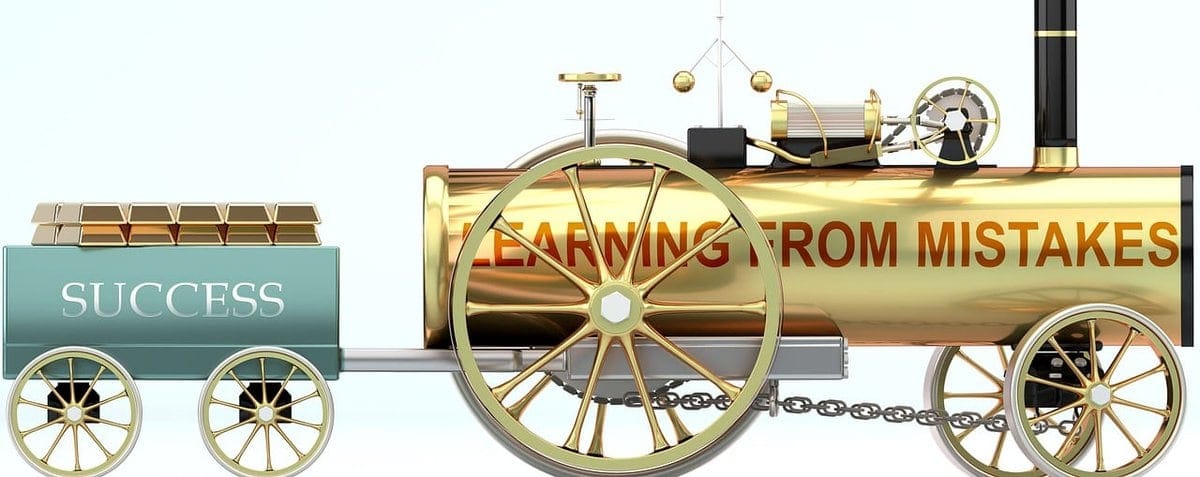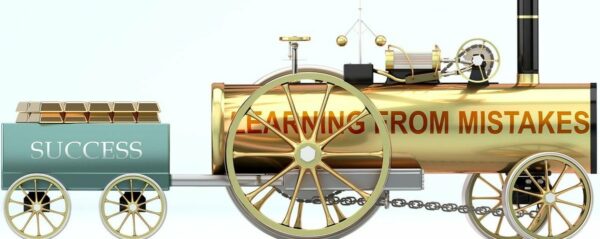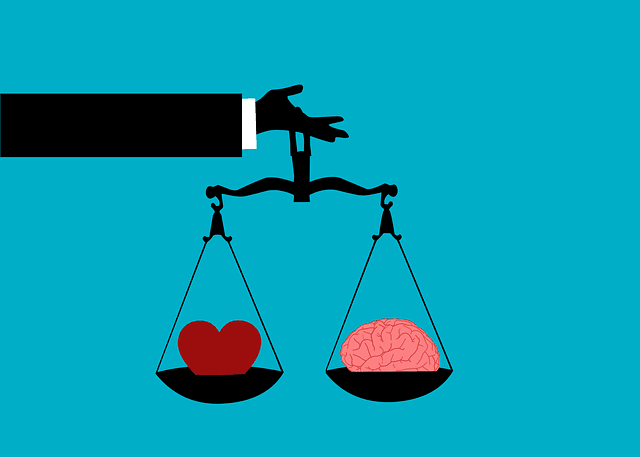Failure Leads to Success
By Ann Elliott

Failure is misunderstood. Many make an effort to avoid failure at all costs because it means they are less than perfect. Having a failure affects the way many see themselves as winners.
When you equate your personal value to achieving a desired outcome, you set up a thinking pattern that undermines your success. “I did not make my sales goal. I am worthless and not good enough.” Contrast that to “I did not make my sales goal. I missed the mark and this was not the outcome I wanted.” Can you identify with either of these?  Somewhere along the path, we have accepted the idea that outcomes or results equal personal value. The internal dialogue goes something like this, “I am worthy because I achieved this or because I have that.” No wonder job loss and financial insecurity takes such a toll on someone’s self worth.
I have noticed that children receive ribbons, rewards, accolades and atta boys for everything—well maybe that is an exaggeration. It seems like everything and anything. Are we teaching the leaders of tomorrow that perseverance, effort, hard work, self-mastery, kindness and respect take a backseat to results?
What would happen if we acknowledge not only children but also colleagues, employees and friends for such behavior as good thinking, nice effort, ability to look at multiple options, and sticking to a task? Reward behavior first.
Of course, achieving results and making the numbers are important in leading a successful business. As my Uncle Frank often said, “There’s many a slip twixt the cup and the lip.” The path to success is paved with failures; that is, attempts that did not produce the desired outcome.
Somewhere along the path, we have accepted the idea that outcomes or results equal personal value. The internal dialogue goes something like this, “I am worthy because I achieved this or because I have that.” No wonder job loss and financial insecurity takes such a toll on someone’s self worth.
I have noticed that children receive ribbons, rewards, accolades and atta boys for everything—well maybe that is an exaggeration. It seems like everything and anything. Are we teaching the leaders of tomorrow that perseverance, effort, hard work, self-mastery, kindness and respect take a backseat to results?
What would happen if we acknowledge not only children but also colleagues, employees and friends for such behavior as good thinking, nice effort, ability to look at multiple options, and sticking to a task? Reward behavior first.
Of course, achieving results and making the numbers are important in leading a successful business. As my Uncle Frank often said, “There’s many a slip twixt the cup and the lip.” The path to success is paved with failures; that is, attempts that did not produce the desired outcome.
 Somewhere along the path, we have accepted the idea that outcomes or results equal personal value. The internal dialogue goes something like this, “I am worthy because I achieved this or because I have that.” No wonder job loss and financial insecurity takes such a toll on someone’s self worth.
I have noticed that children receive ribbons, rewards, accolades and atta boys for everything—well maybe that is an exaggeration. It seems like everything and anything. Are we teaching the leaders of tomorrow that perseverance, effort, hard work, self-mastery, kindness and respect take a backseat to results?
What would happen if we acknowledge not only children but also colleagues, employees and friends for such behavior as good thinking, nice effort, ability to look at multiple options, and sticking to a task? Reward behavior first.
Of course, achieving results and making the numbers are important in leading a successful business. As my Uncle Frank often said, “There’s many a slip twixt the cup and the lip.” The path to success is paved with failures; that is, attempts that did not produce the desired outcome.
Somewhere along the path, we have accepted the idea that outcomes or results equal personal value. The internal dialogue goes something like this, “I am worthy because I achieved this or because I have that.” No wonder job loss and financial insecurity takes such a toll on someone’s self worth.
I have noticed that children receive ribbons, rewards, accolades and atta boys for everything—well maybe that is an exaggeration. It seems like everything and anything. Are we teaching the leaders of tomorrow that perseverance, effort, hard work, self-mastery, kindness and respect take a backseat to results?
What would happen if we acknowledge not only children but also colleagues, employees and friends for such behavior as good thinking, nice effort, ability to look at multiple options, and sticking to a task? Reward behavior first.
Of course, achieving results and making the numbers are important in leading a successful business. As my Uncle Frank often said, “There’s many a slip twixt the cup and the lip.” The path to success is paved with failures; that is, attempts that did not produce the desired outcome.
Start here to discover how failure leads to success:
- Acknowledge that failing means missing the desired mark
- Identify ways that failing led to a different path to desired results
- Embrace failure as a profound teacher
- Use the lesson to make different choices
- Celebrate the courage to get in the game and stay in the game
- Allow mistakes without blame of others and yourself
- Reward creativity, effort, tenacity and new ideas
Share this resource




